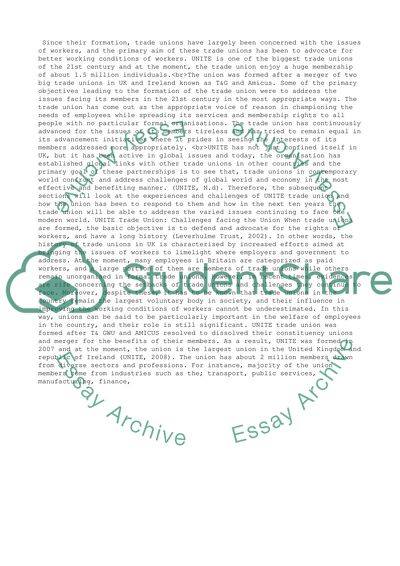Cite this document
(“The Changing Role of Trade Union Movement in UK over Ten Years Essay”, n.d.)
Retrieved from https://studentshare.org/management/1395806-the-changing-role-of-trade-union-movement-in-uk-over-ten-years
Retrieved from https://studentshare.org/management/1395806-the-changing-role-of-trade-union-movement-in-uk-over-ten-years
(The Changing Role of Trade Union Movement in UK over Ten Years Essay)
https://studentshare.org/management/1395806-the-changing-role-of-trade-union-movement-in-uk-over-ten-years.
https://studentshare.org/management/1395806-the-changing-role-of-trade-union-movement-in-uk-over-ten-years.
“The Changing Role of Trade Union Movement in UK over Ten Years Essay”, n.d. https://studentshare.org/management/1395806-the-changing-role-of-trade-union-movement-in-uk-over-ten-years.


